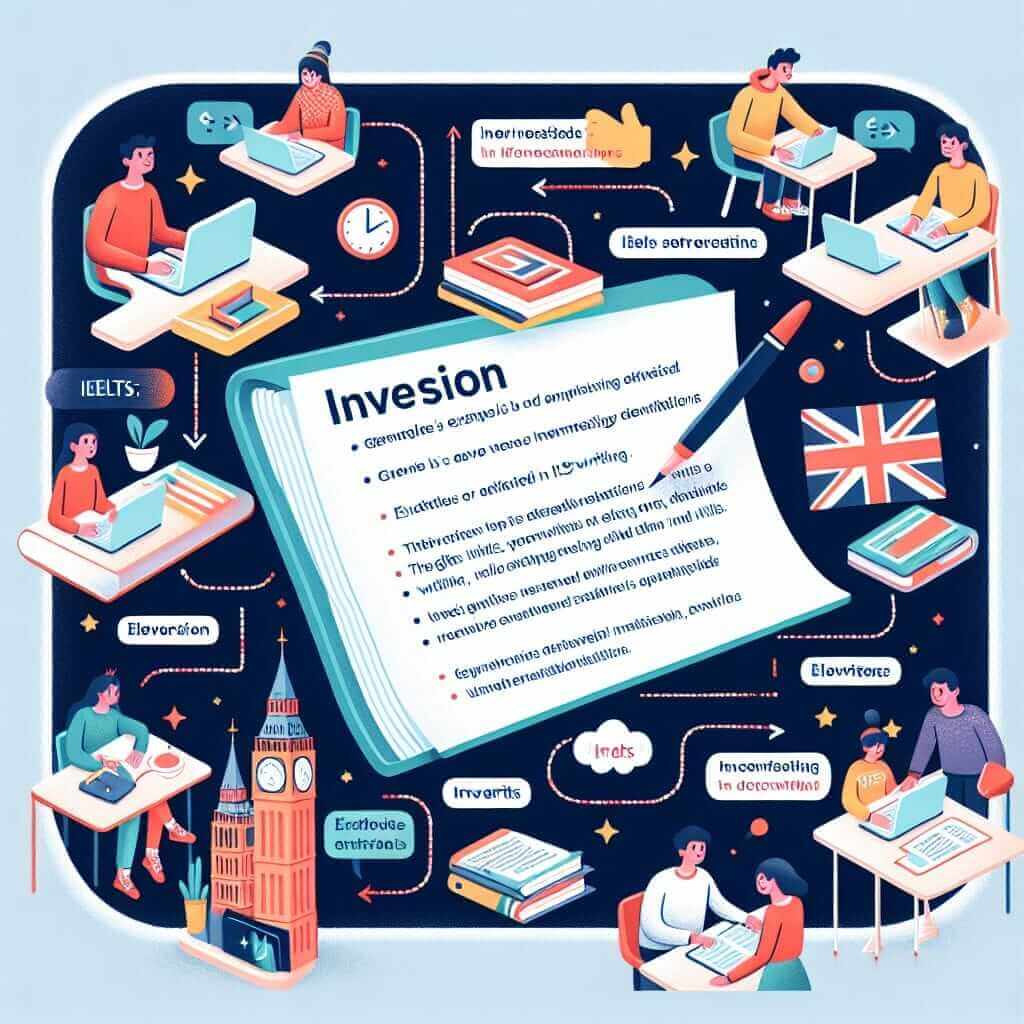As an aspiring IELTS candidate aiming for a Band 7 or higher, you’re likely familiar with the importance of showcasing a wide range of grammatical structures. One such structure, often overlooked but highly effective, is inversion. Specifically, using phrases like “Little did we expect…” can add sophistication and emphasis to your writing and speaking. This article delves into this intriguing grammatical tool, equipping you with the knowledge and examples to wield it confidently in your IELTS exam.
Let’s examine how this structure works in context:
Example 1 (Speaking Part 2): Describe a time you experienced an unexpected event.
“We decided to go on a spontaneous road trip. Little did we know, this trip would turn into the adventure of a lifetime, filled with breathtaking landscapes and unforgettable encounters.”
Example 2 (Writing Task 2): Some people believe that technological advancements have made the world a less safe place. Do you agree or disagree?
“While technology has brought undeniable progress, it has also introduced new vulnerabilities. Never before have we faced such complex cyber threats, highlighting the need for robust cybersecurity measures.”
Example 3 (Listening Section): You might hear a speaker say:
“The company was on the verge of bankruptcy. Seldom had I seen such a dramatic turnaround in their fortunes.”
In each of these examples, the inverted structure adds emphasis and a touch of dramatic flair. Now, let’s break down how to form these sentences correctly.
Understanding Inversion
Inversion, in simple terms, involves reversing the usual order of subject and verb within a sentence. This reversal is typically triggered by specific negative or restrictive adverbs or adverbial phrases placed at the beginning of the sentence.
The Formula and Application
Inverted Structure:
(Negative/Restrictive Adverb/Phrase) + Auxiliary Verb + Subject + Main Verb
Examples:
- Never before had I seen such a beautiful sunset.
- Not only did she win the race, but she also broke the world record.
- Under no circumstances should you open this door.
IELTS Application:
- Writing Task 1 (describing trends): “Rarely has there been such a significant increase in global temperatures.”
- Writing Task 2 (presenting an argument): “Only by embracing sustainable practices can we hope to combat climate change effectively.”
- Speaking Part 3 (expressing opinions): “Not only does online learning provide flexibility, but it also expands access to education for countless individuals.”

Mastering Inversion for a Higher Band Score
-
Variety and Accuracy: Don’t overuse inversion. Use it strategically to highlight specific points or to vary your sentence structure. Accuracy is crucial; an incorrectly formed inverted sentence will negatively impact your score.
-
Formal Tone: Inversion is generally more common in formal writing and speaking. Be mindful of the tone of your writing or the speaking task before using it.
Common Mistakes to Avoid
- Incorrect Auxiliary Verb: Remember to use the correct auxiliary verb that agrees with the tense of the main verb.
- Incorrect: Never before I have seen…
- Correct: Never before had I seen…
- Double Negatives: Be careful not to create a double negative when using inversion with negative adverbs.
- Incorrect: Nowhere you will find…
- Correct: Nowhere will you find…
Conclusion
Incorporating inversion into your IELTS writing and speaking demonstrates a command of advanced grammar, which is a key factor in achieving a higher band score. By understanding the formula, practicing its application, and avoiding common errors, you can confidently wield this powerful grammatical tool to impress your examiners. Remember, consistent practice and a keen eye for detail are your allies in mastering this and other advanced grammatical structures for IELTS success.